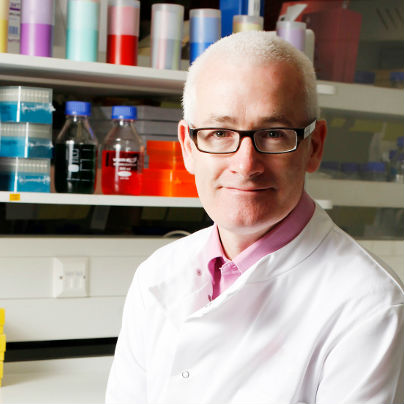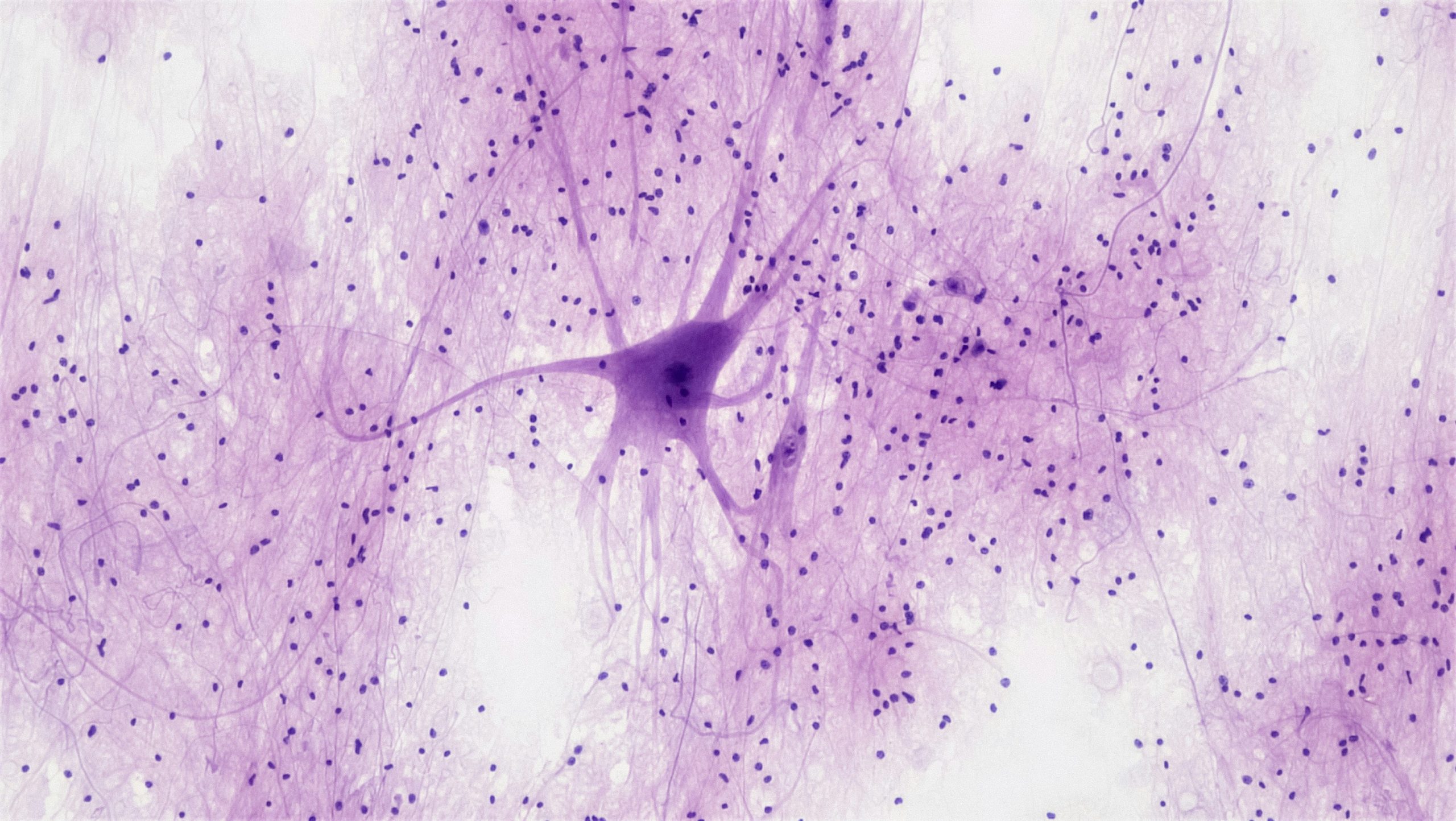WINNER of the Michaelmas Term 2020 Schools Science Writing Competition
Lucy Addis, Year 12, Royal School Armagh, Armagh
Revolutionary. It’s a word that’s seldom used to describe cancer treatments, but that’s about to change. Immunotherapy is a “game-changing” new treatment that uses viruses to directly kill cancerous cells and make it much easier for the immune system to spot these, preventing deadly relapses in cancer patients. At its forefront is Professor Kevin Harrington, of The Institute of Cancer Research, London; one of the world’s leading immunotherapy scientists, he studies the use of oncolytic virotherapies, in combination with existing radiotherapy and chemotherapy treatments, to selectively target cancer cells.
Imagine you are a white blood cell, floating around your body waiting to pounce on whatever poor viruses have wandered in there. Being a white blood cell, you are excellent at recognising and killing viruses like these, but, unfortunately for your body, not so great at spotting cancer cells, which seem to be playing an endless game of hide and seek. But what if we take one of those viruses and put it inside the cancer cell? Well, then you as a white blood cell can easily sniff out and destroy that tumour. Simultaneously, the viruses inside the cancer cells for once make themselves useful by replicating and bursting the cell from within. So next time that annoying cold sore pops up from nowhere, just remember that the same virus which created it can also be used to target and kill cancer cells. Now you’ll never look at a cold sore in the same way again…
But why should we bother with Harrington’s pioneering immunotherapy when we already have other cancer treatments like chemotherapy? Well, here’s where immunotherapy gets even more T-rrific (excuse the lymphocyte pun). The major drawback with chemotherapy is how it destroys not only cancerous cells, but healthy ones too, leading to serious side effects in cancer patients. Immunotherapy, however, selectively targets the cancer cells, leaving healthy cells untouched, and, crucially for the patient, dramatically reduces side effects.
Harrington first conducted clinical trials of viral immunotherapy in 2016, on patients with advanced head and neck cancers. The immunotherapy drug which he developed for the trail, nivolumab, was the first-ever treatment to extend life expectancy in a phase 3 clinical trial for patients with advanced head and neck cancer after chemotherapy had failed. Even better, 13% of patients receiving nivolumab experienced serious side effects compared to 35% on chemotherapy.
The following year, Harrington co-lead research into using immunotherapy to prevent cancer relapse. With chemotherapy, leftover cancer cells will lie dormant for long periods before a chemical signal, TNF-alpha, promotes aggressive growth of the cancer cells once again. However, in a major breakthrough for immunotherapy, researchers discovered that these resistant cancer cells had high levels of a molecule called PD-1 on their surface that causes T-cells to ignore them. Therefore, by making PD-1 the target for immunotherapy inhibitor drugs, it’s much easier for the body’s immune system to spring back into action and destroy the revengeful cancer cells. The devastating news of being told your cancer has come back could soon be a thing of the past.
Building on the promising nivolumab and PD-1 results, a new immunotherapy drug, pembrolizumab, astonishingly increased life expectancy of advanced head and neck cancer patients by more than 3 years; the side effects were just as astonishingly low: only 17% were reported in immunotherapy patients compared to chemotherapy’s 69%. More recently, Harrington proved that he had found a way to “eradicate tumours” of deadly sarcoma by infecting them with a modified version of the vaccina virus, found in smallpox vaccines. A similar virus, T-VEC is now hoped to be rolled out across the UK in the near future.
It seems extraordinary that in a year when one virus is wreaking havoc across the globe, others are being used by Professor Harrington as a revolutionary new cancer treatment with the potential to dramatically improve both the life expectancies and qualities of cancer patients. As with all new treatments, cost is an initial issue, but Professor Harrington plans to change that with new research and evaluation methods. His lateral thinking and bravery to lead the scientific world into unchartered territory to me is inspirational. In the future, prepare to see immunotherapy go, quite literally, viral.
WINNER of the Schools Science Writing Competition, Michaelmas Term, 2020
Image credit: icr.ac.uk





